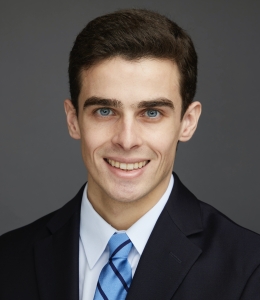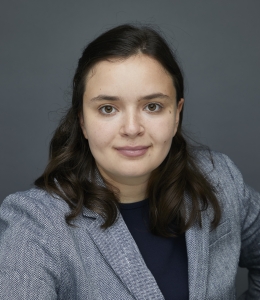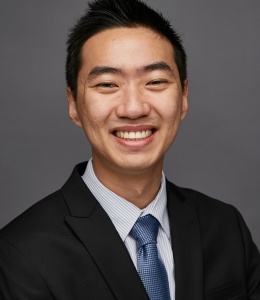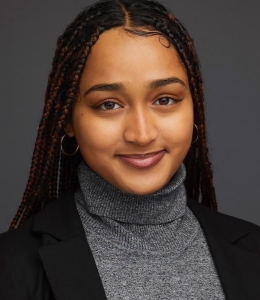2023 Racial and Social Justice Fellows
The five fellowship recipients—all members of the Class of 2024—are dedicated to pursuing careers in social and racial justice.
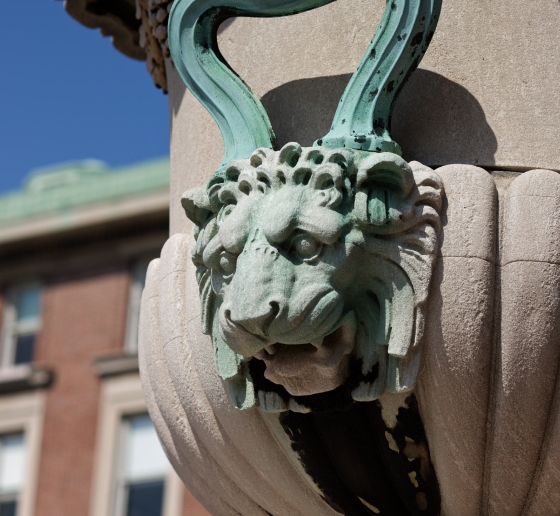
The Racial and Social Justice Fellowships are open to Columbia Law School 2Ls who wish to pursue careers in racial justice or 2L students of color who wish to pursue careers in social justice. The Law School’s Anti-Racism Steering Committee established the program three years ago as part of its work to evaluate, coordinate, and strengthen Columbia Law’s anti-racism efforts.
The 2023 fellows are advocates for civil rights, marginalized communities, and systemic change. They hope to use their legal careers to positively impact communities.
Learn more about this year’s recipients below.
Interviews have been edited and condensed.
